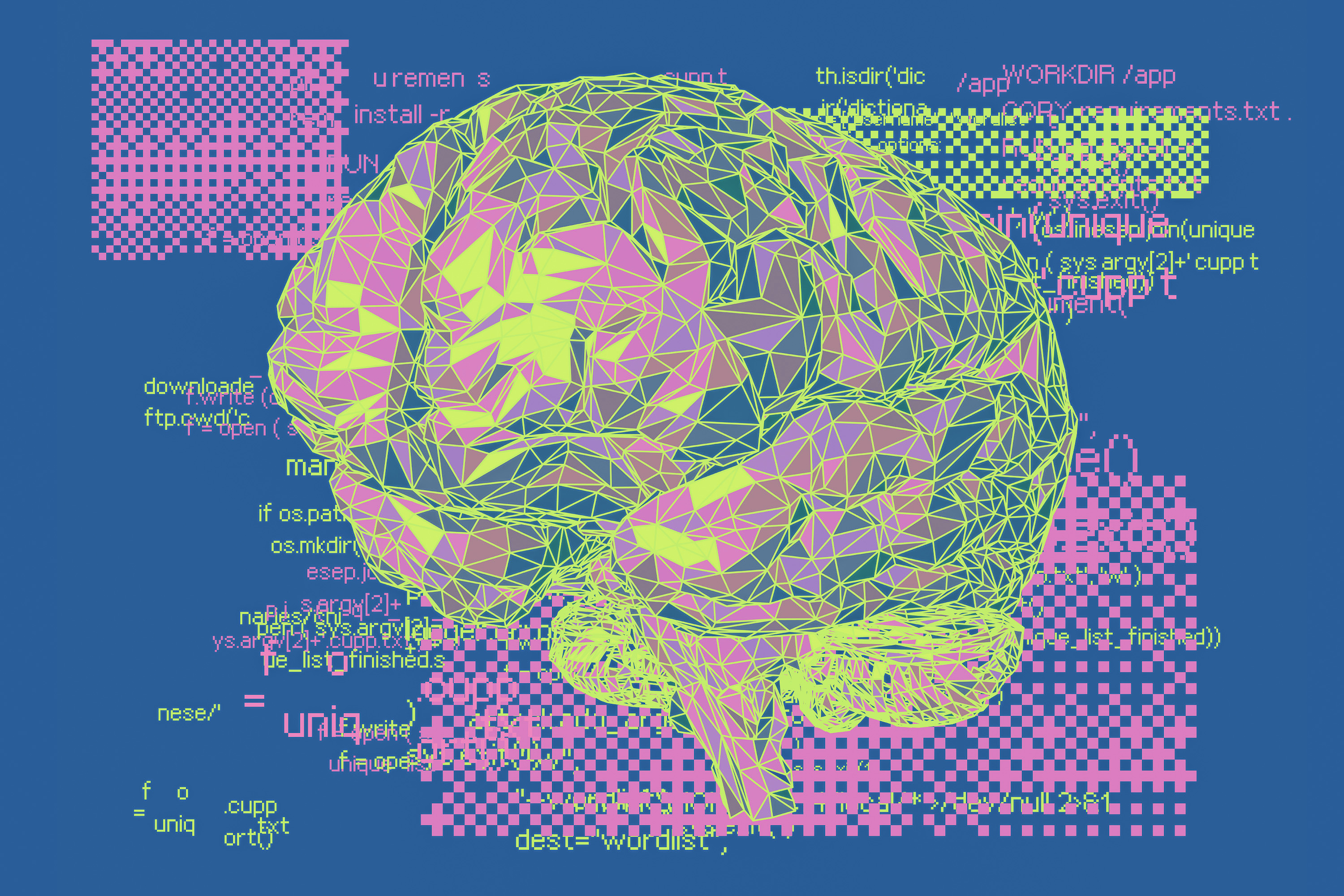
A few weeks ago, the Dutch government announced its plans to introduce a new industrial policy. The policy will focus on the digitization of the Dutch industry, stimulating European industrial cooperation and integration and investing in regional public-private partnerships, education and ways to attract foreign talent. Its aim is to increase strategic sovereignty, reduce dependency on other countries and help industrial sectors to become more sustainable in order to improve the public opinion of large industrial companies. This is a break with the past, as for decades, the Dutch government adhered to the neoliberal precept of laissez-faire, i.e. “the market knows best”.
We are in the midst of an economic rethink in countries, academics, as well as international organizations. Central to this new paradigm is the larger role of the government and a return of coordinated industrial policy, as indicated by the Dutch government. Reasons for this are facilitating a green and sustainable transition (ecological), reducing inequality and economic insecurity for vulnerable groups (socio-economic), a renewed focus on strategic autonomy and ownership of critical technologies, materials and supply chains (geopolitical), and keeping control over upcoming exponential technologies, such as AI or quantum (technological). As such, these considerations are leading to a re-think of the relationship between market, government, and society.


